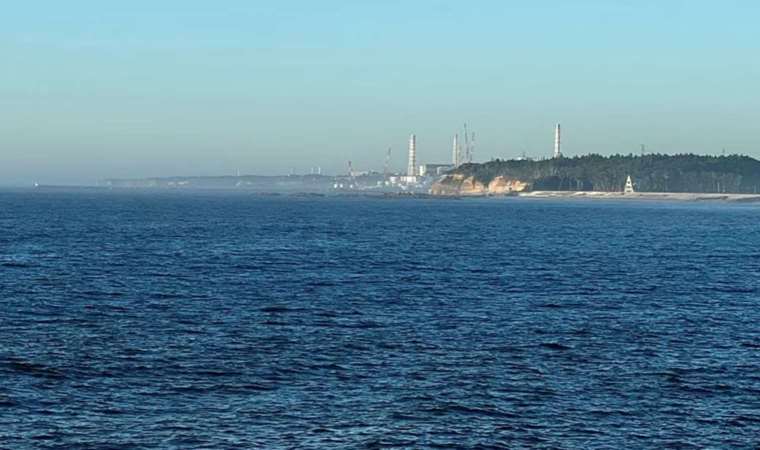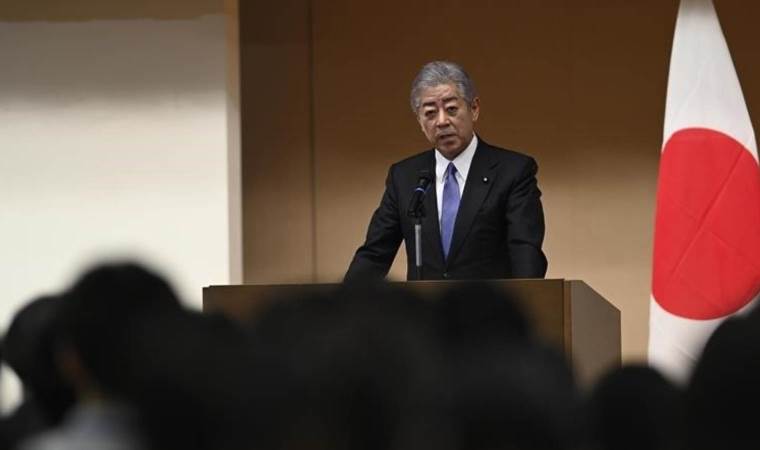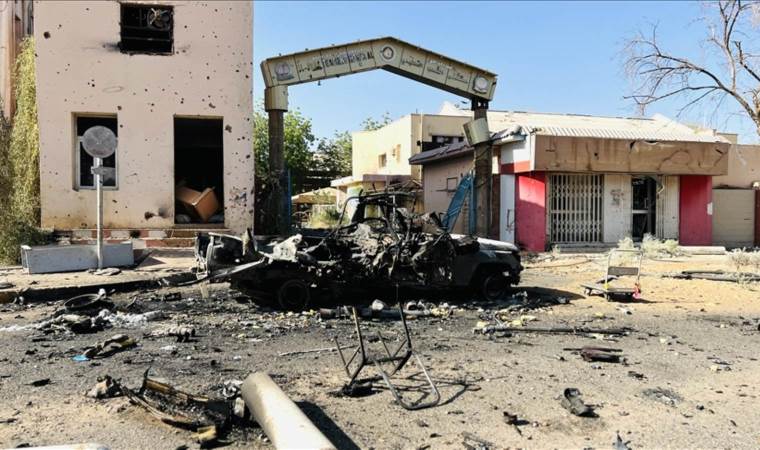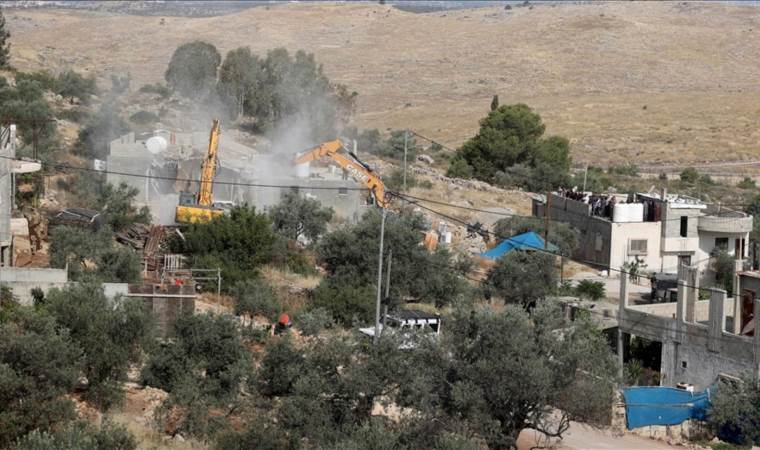Japan confirms low radioactivity in seawater near Fukushima after water release
Japan's environment ministry has reported that tests of seawater near the Fukushima nuclear power plant have shown no detectable radioactivity. This announcement comes just days after Japan began releasing treated water from the damaged Fukushima plant into the Pacific Ocean, a move that has prompted protests within the country and neighboring nations, including China's decision to halt aquatic product imports from Japan.

According to the environment ministry, samples collected from 11 locations near the plant indicated concentrations of the radioactive isotope tritium below the lower limit of detection, which is 7 to 8 becquerels of tritium per liter. The ministry stated that the levels of tritium present would not have an adverse impact on human health or the environment.
The ministry plans to release weekly test results for at least the next three months and will subsequently assess the timing for further disclosures. The tests conducted by Japan's fisheries agency on fish in waters around the plant also did not detect tritium.
Tokyo Electric Power Co (Tepco), the operator of the Fukushima plant, confirmed that seawater near the site contained less than 10 becquerels of tritium per liter, which is well below its self-imposed limit of 700 becquerels and significantly below the World Health Organization's drinking water limit of 10,000 becquerels.
Tepco further stated that there have been no significant changes detected in the seawater conditions since the water release began. The situation continues to be monitored closely amid ongoing concerns about the potential environmental impact of discharging treated water from the Fukushima plant into the ocean.
Most Read News
-
 No Future Without Industry: A Call for Production-Orient
No Future Without Industry: A Call for Production-Orient
-
 Israel’s Ben-Gvir ends US visit amid pro-Palestine prote
Israel’s Ben-Gvir ends US visit amid pro-Palestine prote
-
 Japan seeks collaboration to advance nuclear disarmament
Japan seeks collaboration to advance nuclear disarmament
-
 Major fire erupts at electrical substation in West Londo
Major fire erupts at electrical substation in West Londo
-
 Ukraine appoints new deputy defense ministers amid ongoi
Ukraine appoints new deputy defense ministers amid ongoi
-
 Malaysia urges all parties in Myanmar to continue ceasef
Malaysia urges all parties in Myanmar to continue ceasef
-
 German Social Democrats conclude key vote on coalition d
German Social Democrats conclude key vote on coalition d
-
 Canada's Liberal Party wins federal elections by over 43
Canada's Liberal Party wins federal elections by over 43
-
 At least 41 civilians killed, scores injured in RSF shel
At least 41 civilians killed, scores injured in RSF shel
-
 Israeli army arrests 22 Palestinians, demolishes 4 homes
Israeli army arrests 22 Palestinians, demolishes 4 homes










